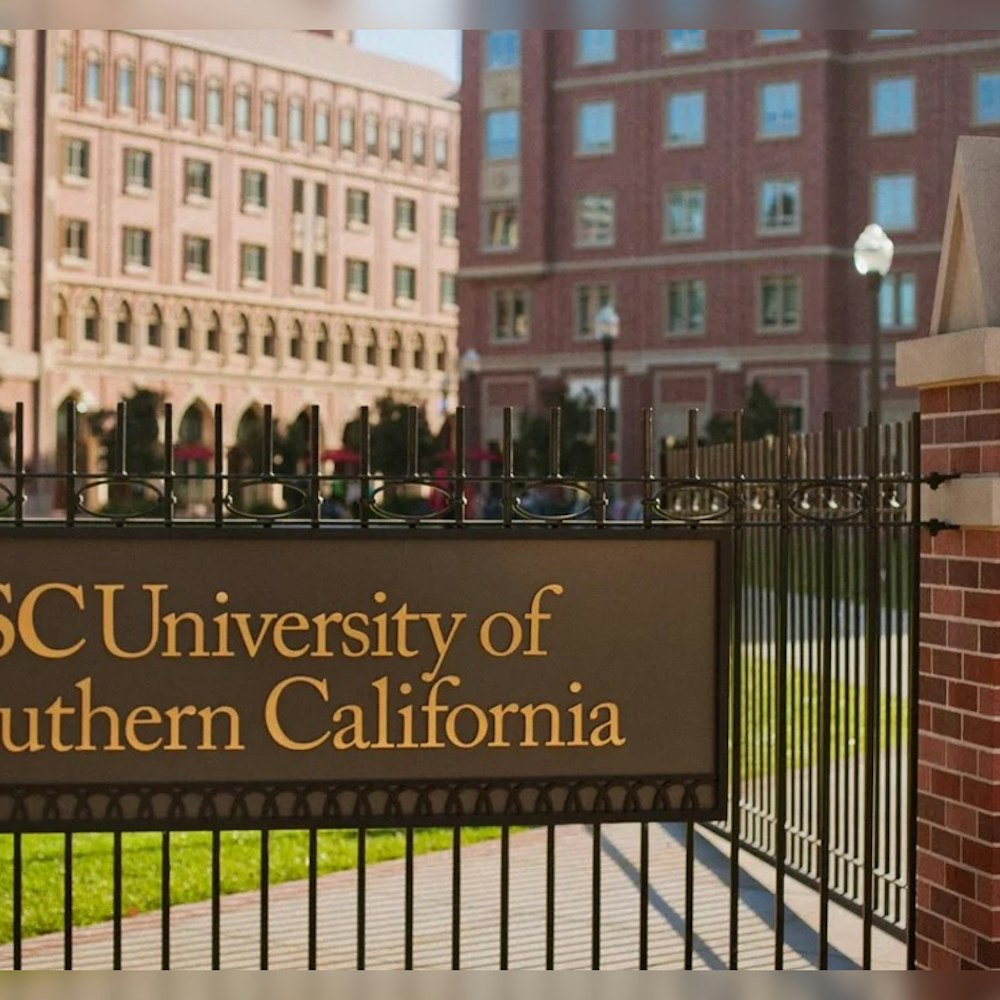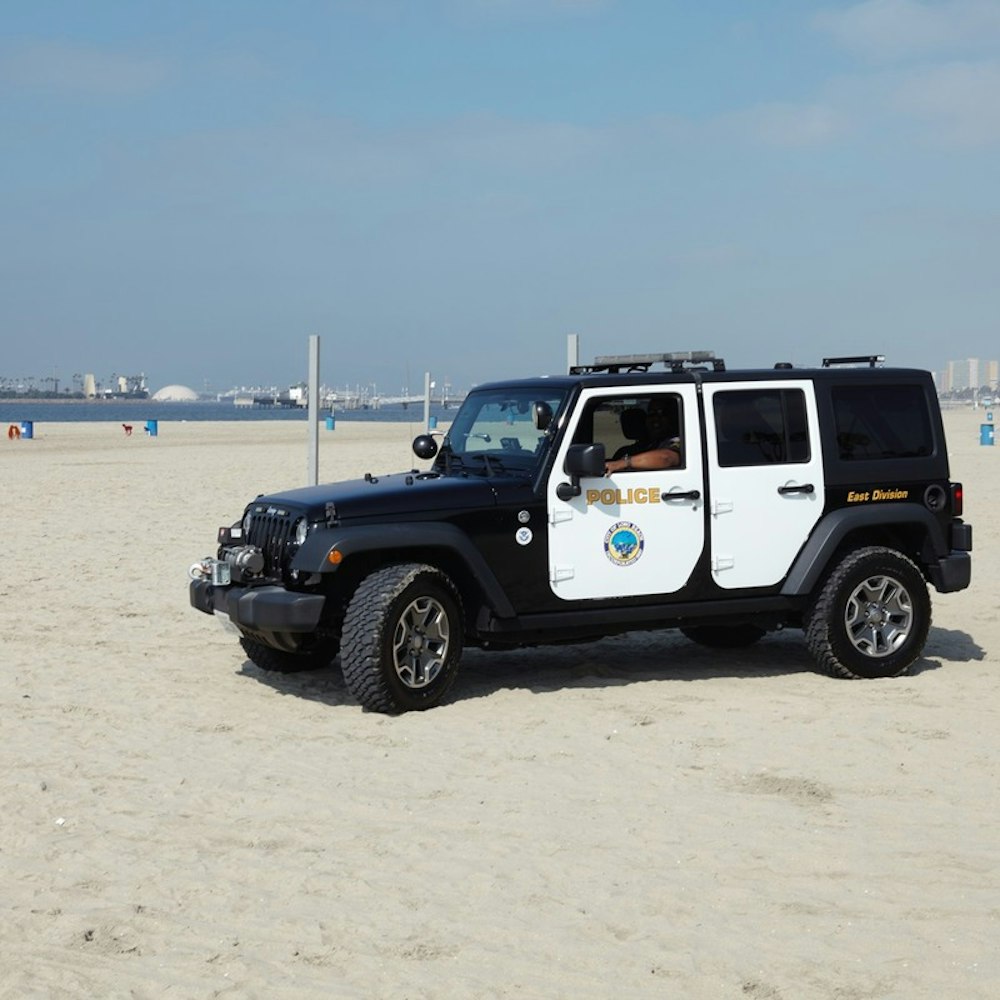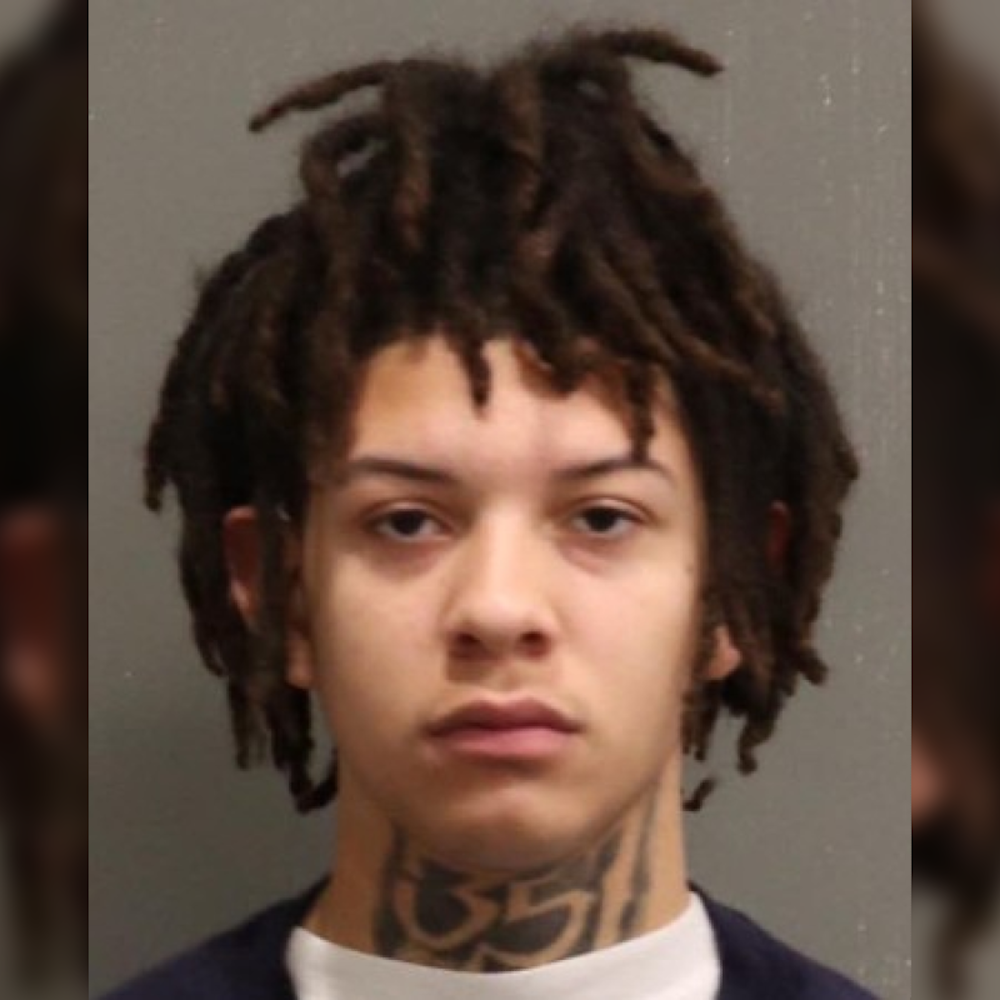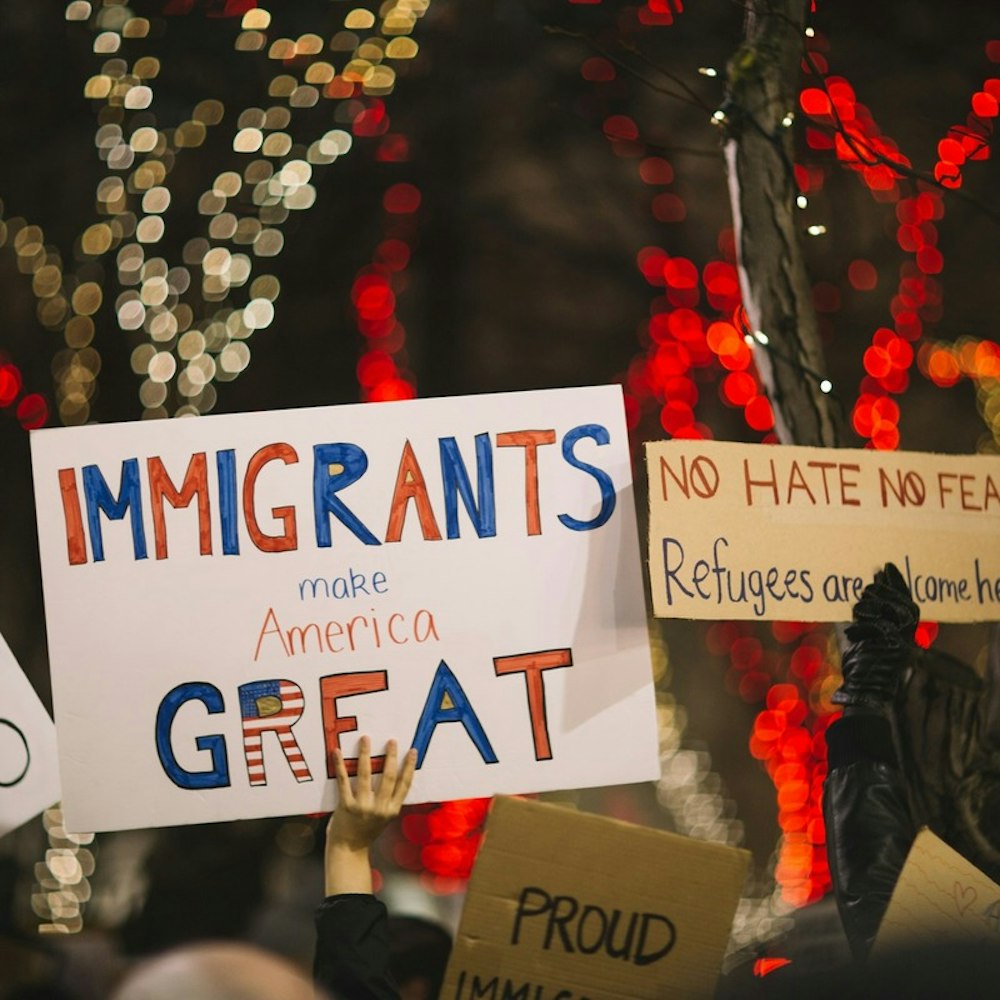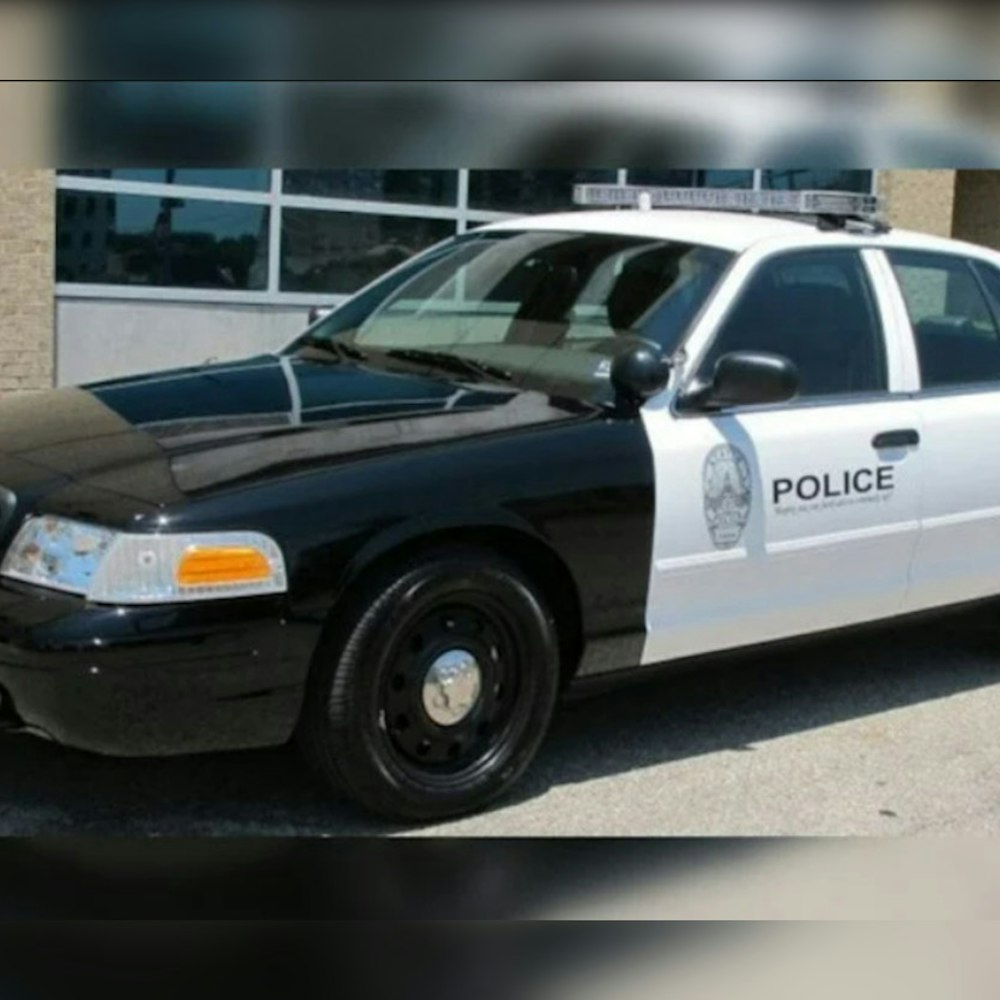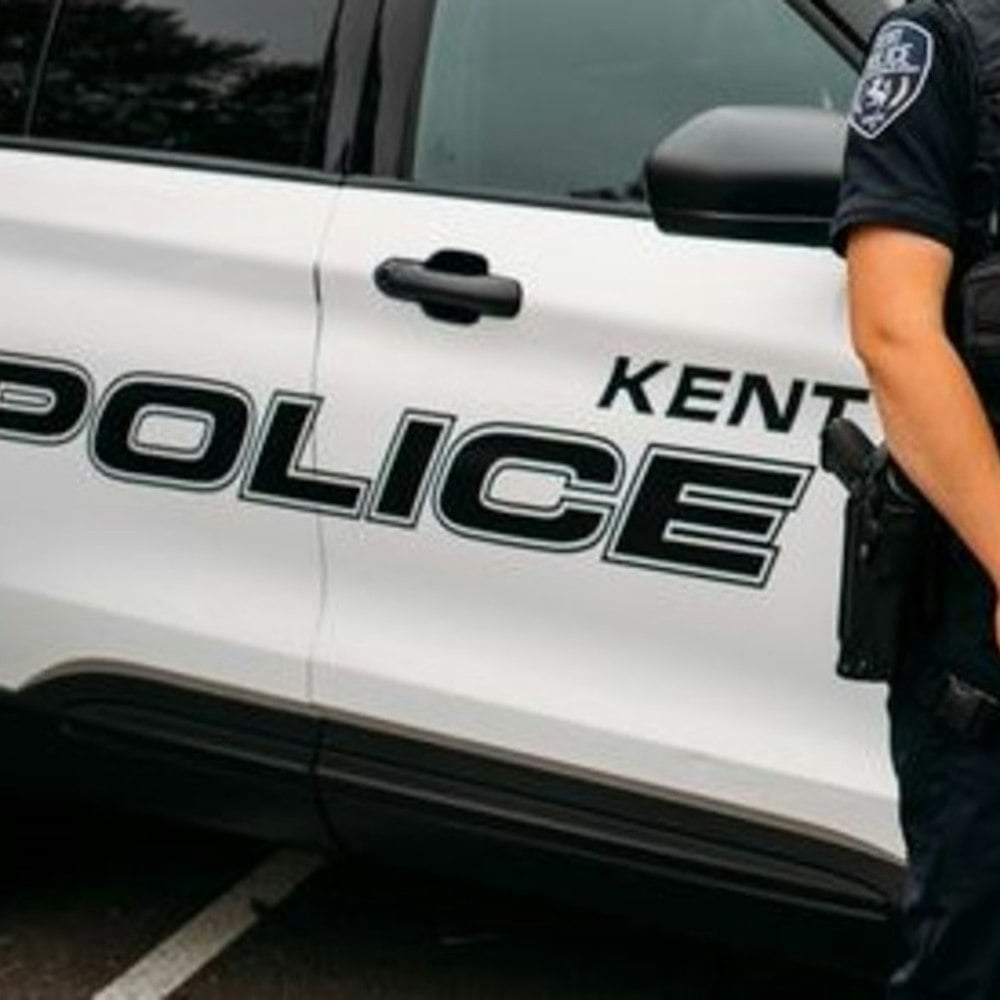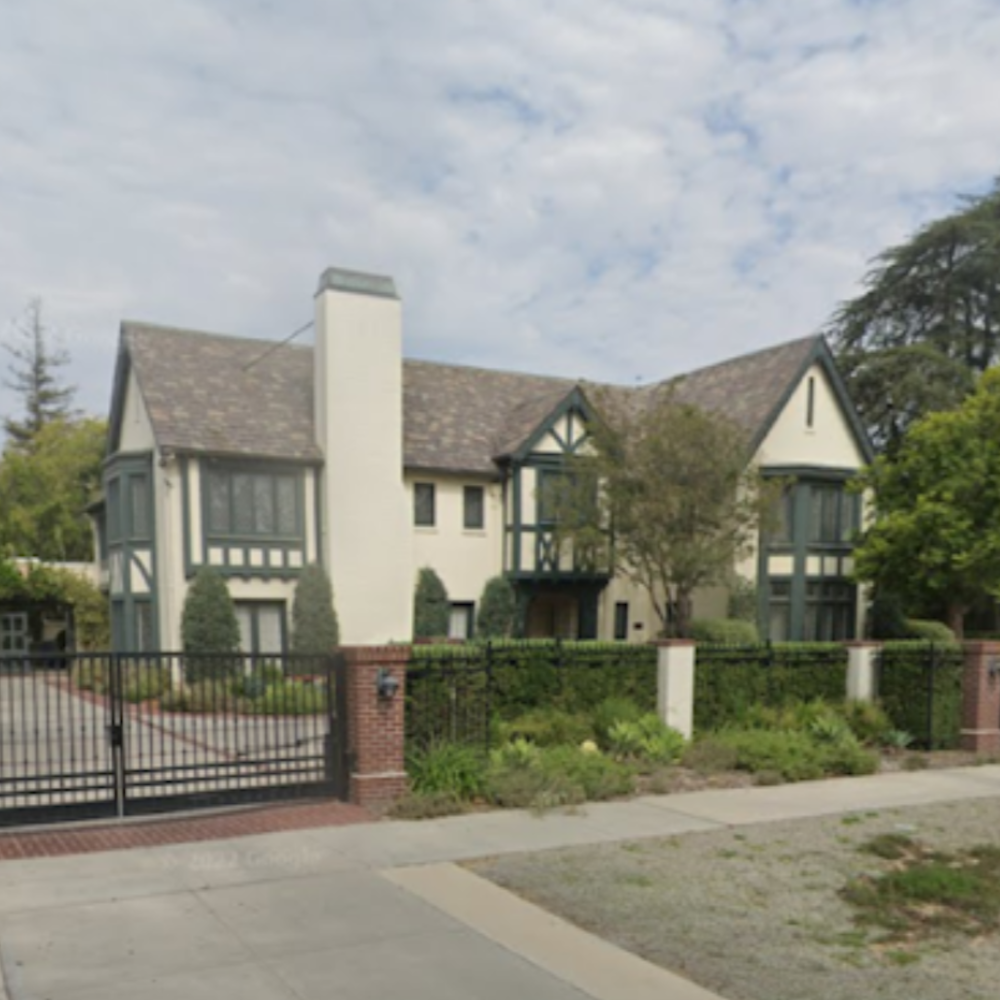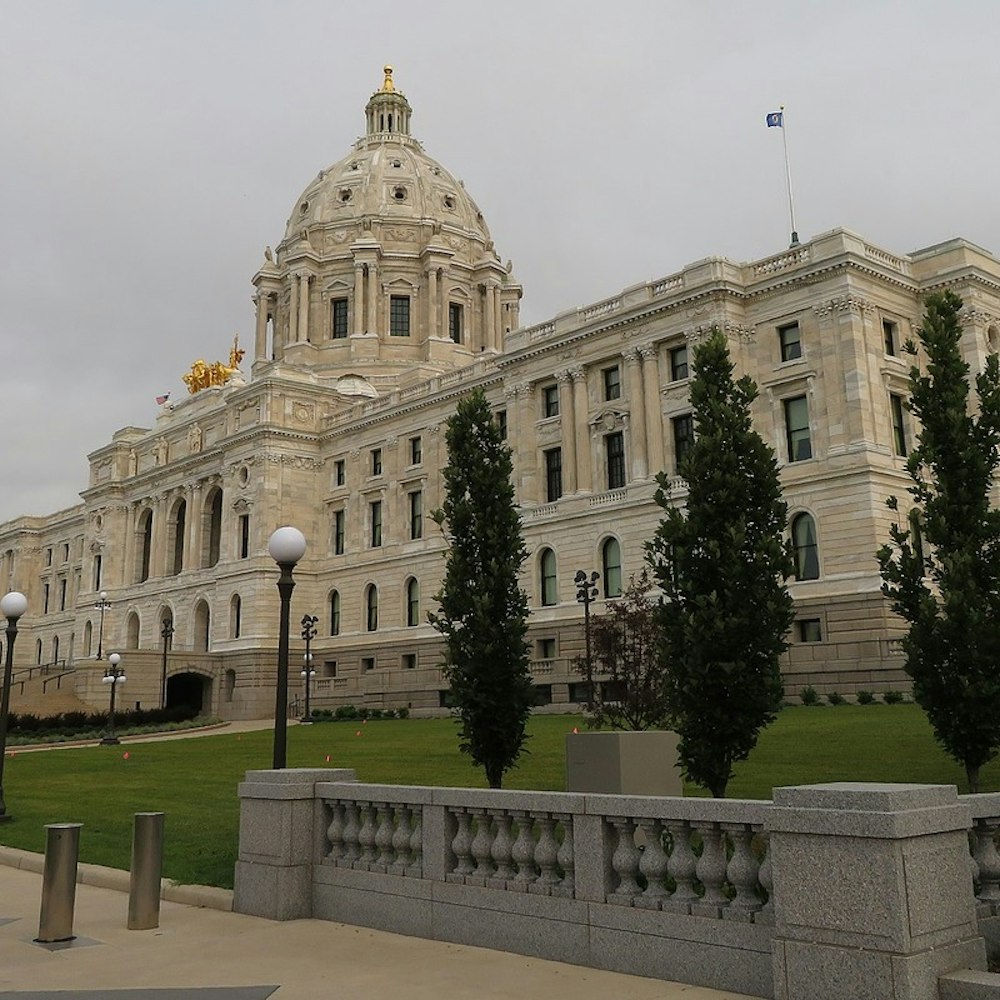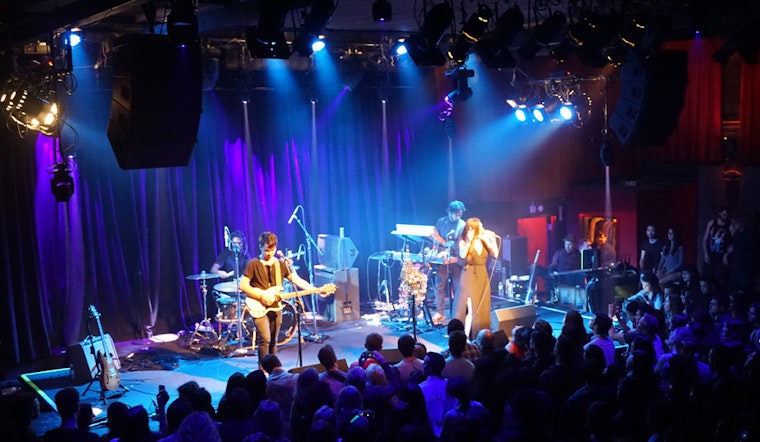
We’ve all heard some version of the story: residential development goes in, long-time music venue gets hammered by noise complaints from its new neighbors even though it's operating entirely within the law, and all too often, the venue ends up losing the ensuing legal battle.
So it’s no wonder that representatives of the Independent (628 Divisadero St.) expressed serious concerns at a public hearing for a new condo development planned for the current site of Alouis Auto Radiator (650 Divisadero St.), which would have some residents’ windows just 55 feet from the venue.
But as Hoodline previously reported, District 5 Supervisor London Breed introduced new legislation last December that aims to protect places of entertainment in situations exactly like what the Independent is facing, and that legislation is quickly moving its way through the various city committees that will need to weigh in.
“It is not a panacea, but my legislation goes a long way toward helping music and housing coexist in San Francisco,” Breed said in a press release at the time.
Allen Scott of Another Planet Entertainment, which runs the Independent, says that the club has not received a single noise complaint in its 11 years of operation, and he sees the new noise regulation as a key tool for ensuring that the streak continues.
“It’s exciting and reassuring to know that Supervisor Breed has introduced this common-sense legislation that’s going to be vital in preserving San Francisco’s rich live music scene,” Scott told Hoodline. “We’ve been in dialogue with the developer of the radiator shop and we’ve had some very encouraging conversations ... Their intention is to be good neighbors, but once you get tenants in there you never know.”
Working directly with the developers is another part of the Independent’s strategy to head off any potential issues. “We’re trying to put a number of measures in place that ensure we can continue our day-to-day operations at the Independent as it’s been for the last 11 years," said Scott.
This type of collaboration is exactly what Breed’s proposed legislation is meant to encourage, as it requires developers to engage with nearby places of entertainment from the beginning of any new residential construction project and would compel them to disclose to all residents that there is a place of entertainment nearby before a lease is signed. The ordinance would also protect the city’s 351 places of entertainment from “unfair complaints,” according to the press release.
“We have to be able to coexist,” Supervisor Breed said in her statement. “Music and culture are too important to let us keep losing these cherished venues. Yes, we need to build housing to help artists and others afford to live here, but not if we force out the venues where they perform in the process.”
The uncertain futures of cherished places of entertainment in San Francisco are often held up as emblematic of the frenzied pace of development in the city. Some venues, like Brick & Mortar Music Hall and Slim’s, have had to spend thousands of dollars to address complaints of excessive noise from neighbors. Others, like Cafe Du Nord, are evolving under new ownership or, like the beloved Mission bar The Lexington Club or the SoMa dance club The Sound Factory, were victims of the war of attrition that is our changing cityscape.
In a sign of just how popular Breed's legislation might be, an online petition created by Ben Bleiman, owner of several local places of entertainment (Bullitt, Tonic, Dr. Teeth and the Electric Mayhem), received over 3,000 signatures in support of "Showing a unified voice to SF City Hall from fans and service professionals ... to ensure our world-renowned nightlife will continue to thrive throughout this period of rapid change."
Here is the full text of the ordinance:
NOISE REGULATIONS RELATING TO RESIDENTIAL USES NEAR PLACES OF ENTERTAINMENT [BOARD FILE NO. 141298] - Building, Administrative, Planning, and Police Code Amendments introduced by Supervisor Breed to (1) require attenuation of exterior noise for new residential structures and acoustical analysis and field testing in some circumstances; (2) to provide that a Place of Entertainment (POE) permitted for 12 months not become a public or private nuisance on the basis of noise for nearby residents of newly constructed or converted residential structures; (3) to authorize the Entertainment Commission to hold a hearing on a proposed residential use near a POE, and require the project sponsor’s participation in the hearing; (4) to authorize the Entertainment Commission to measure noise conditions at such project sites and provide comments and recommendations regarding noise to the Planning Department and Department of Building Inspection; (5) to require lessors and sellers of residential property to disclose to lessees and purchasers potential noise and other inconveniences associated with nearby POE’s and authorize civil penalties for not providing disclosure; (6) to require that such disclosure requirements be recorded against a residential property in a Notice of Special Restrictions; (7) to require the Planning Department and Commission to consider noise issues when reviewing proposed residential projects; (8) and to specify factors concerning noise for the Entertainment Commission to review when considering granting a POE permit; and adopting findings, including environmental findings, Planning Code Section 302 findings, and findings of consistency with the General Plan and the eight priority policies of Planning Code Section 101and directing the Clerk of the Board of Supervisors to forward the Ordinance to specified state agencies upon final passage.
Breed’s proposed ordinance has so far been cleared by the Department of Building Inspections’ Code Advisory Committee and the Small Business Commission, which endorsed the legislation “unanimously and very enthusiastically,” according to Conor Johnston, who works in Supervisor Breed’s office. It goes to the Entertainment Commission, the Building Inspection Commission, and the Planning Department this week.
Assuming the new noise ordinance is approved by all of the commissions, it will then go to the Board of Supervisors' Government Audit & Oversight Committee. If and when the committee advances the legislation to the full board, it will have to be voted on twice, since it’s an ordinance and not a resolution, according to Johnston. Mayor Lee will then have 10 days to veto, sign, or send the legislation back unsigned.
If the mayor signs it into law, it would go into effect 30 days later. Johnston says it will probably be early April before we get to that point.
